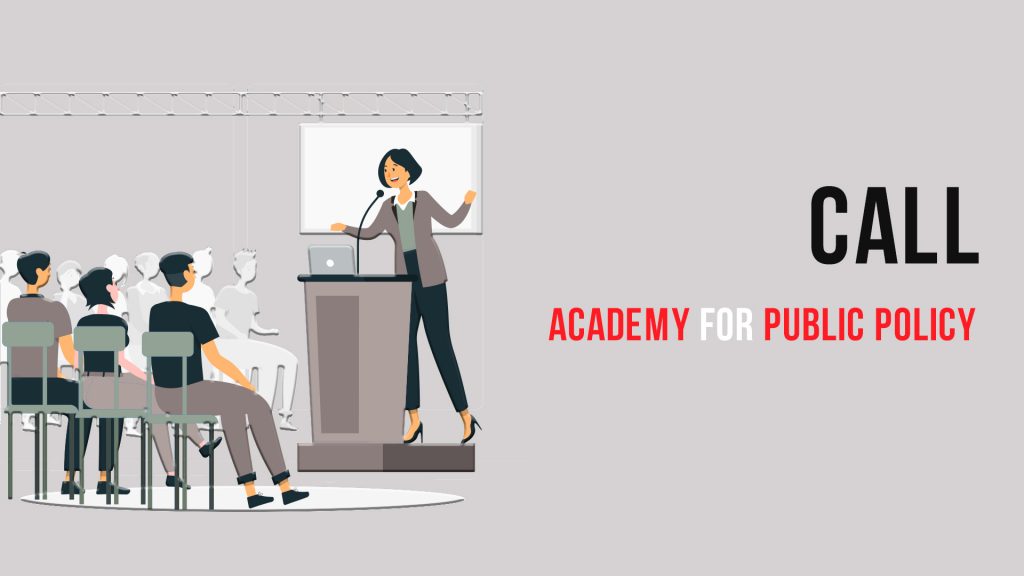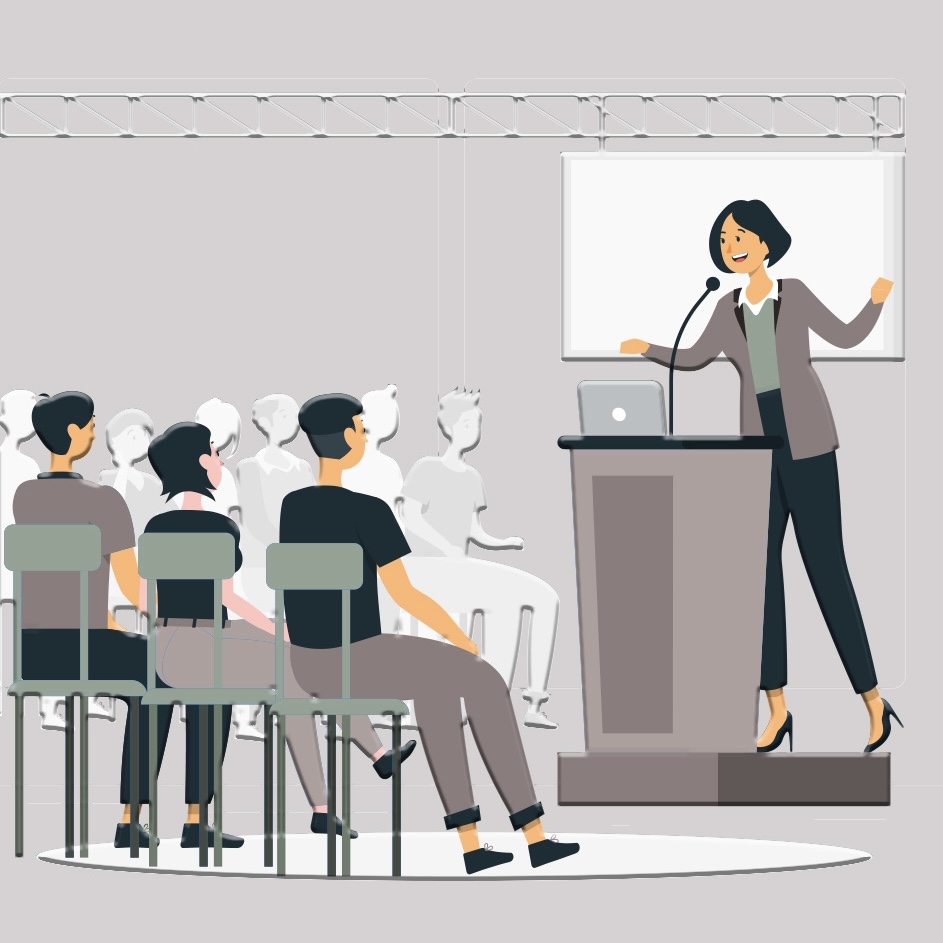
ABOUT THE ACADEMY FOR PUBLIC POLICY
The Academy for Public Policy (APP) is intended for youth members of the political parties in North Macedonia in order to educate them and raise future political and social leaders, equipped with general and specific values and knowledge about the political processes in the country.
The goal of APP is to encourage and educate youth party members to contribute to a better expression of their ideas and concepts for a better society and a plural democratic public space. The Academy also aims to teach and prepare the participants for elections and the entire electoral process. Participants will learn how public policies are created, how they are influenced, and how to apply an evidence-based approach to public policy making.
The Academy consists of the following components:
• Four comprehensive-three days workshops;
• Step-by-step guidance, mentoring and coaching on policy document development;
• Engagement with local communities and or affected stakeholders on the issues of
relevance through thematic debates and discussions;
• A study visit in the region or in an EU country (prerequisite for participation in the final
study visit abroad is completion of all activities, including workshops, of the Academy).
Lecturers from various fields of the societal spectrum will be engaged – academics, top policy and decision makers, current/former ministers, CEOs, MPs or senior civil servants. The program will be strengthened with the inclusion of lecturers from the civil society and culture, as well as prominent trainers from abroad.
APP participants will also have the opportunity to network with domestic public and private policy makers, and with international organizations located in North Macedonia (OECD, UNESCO, etc.) and around the world.
CRITERIA FOR PARTICIPATION:
• To be member of the youth wing of a political party (up to 29 years old);
• To have not participated in the same or similar Academy;
• To have experience in the field of social sciences and disciplines (political sciences,
economics, sociology, international relations, culture, philosophy, etc.);
• To have strong analytical skills and ability for teamwork;
• Knowledge of English language will be considered as an advantage;
• Work experience will be considered an advantage.
To earn a certificate, selected candidates must be committed to all components of the program:
• Active participation in all activities of the Academy’s program;
• Drafting of a Public Policy Document;
• Presentation of the Public Policy Document within the party;
• Engage with local communities and /or affected stakeholders on topics related to the
Public Policy Document.
WHAT WILL PARTICIPANTS IN THE ACADEMY FOR PUBLIC POLICY GAIN?
• Thorough and structured knowledge of political processes in the country, the role of political parties in a plural context, the importance of elections and the electoral process, creation of public policies and ways of their implementation, communication techniques and skills, public speaking and debating.
• Training materials, various analyses, background documents and policy briefs complementing the knowledge and experience shared by different domestic and international experts and trainers;
• Mentorship and individual assistance in the preparation of policy document addressing citizens’ needs.
• Opportunity for promoting policies through presentations to affected communities and within the political party;
• Opportunity to enhance knowledge and individual career development as a politician or future leader, but also to network, discuss and share ideas with fellow politicians from political parties in the country;
• Recognition by the Swiss Embassy by awarding a certificate of participation;
• An opportunity to be part of regional events with young leaders, but also to participate in international exchanges and study visits to countries that implement similar policies and
community actions;
TIMEFRAME
The implementation of the activities for the third generation of participants will take place in the period from September 2022 to June 2023.
All interested candidates should fill out the application at the following link no later than September 5, 2022.
Candidates will be notified of their selection by September 12, 2022. Selected candidates may be asked to participate in a short interview by phone or Zoom.
NOTE: Only selected candidates will be contacted for an interview.
When choosing the best candidates for participation in the Academy, the political, ethnic, gender, geographical and social representation of the participants will be taken into account.
The first workshop will be held on September 30 – October 2, 2022, at Radika Hotel, Leunovo.
All expenses for this program (including travel, accommodation and meals) will be covered by the organizer.
QUESTIONS?
If you have questions regarding the Academy and/or the process of application, please contact Cvetanka Mihajlovska at: cvetanka@frp.mk
ABOUT THE PROJECT “SUPPORT TO ELECTORAL REFORMS IN NORTH MACEDONIA”
The Academy for Public Policy is part of the project “Support to Electoral Reforms in North Macedonia” supported by the Swiss Agency for Development and Cooperation (SDC), implemented by the International Foundation for Electoral Systems (IFES) and its partner Forum for Reasonable Policies.
The main goal of the project is to support democratic and credible electoral processes that will facilitate political participation and social integration, enabling voters to freely choose their representatives and hold them accountable.
The project activities are designed to support this objective through the achievement of three outcomes:
• Strengthened institutions that conduct fair and efficient election processes:
• Internally democratized political parties that present citizen-oriented policies and election
programs:
• Empowered citizens who call for accountability from political parties and elected officials.
Project beneficiaries are election management bodies at all levels; government institutions and agencies, such as: Ministry of Information Society and Administration, Agency for Audio and Audiovisual Media Services, State Statistics Office, Ombudsman, State Audit Office, Ministry of Internal Affairs, Ministry of Justice; political parties, civil society organizations, citizens and voters. The project started the implementation of the Main Phase 1 in August 2019 and is expected to be completed in June 2023.

